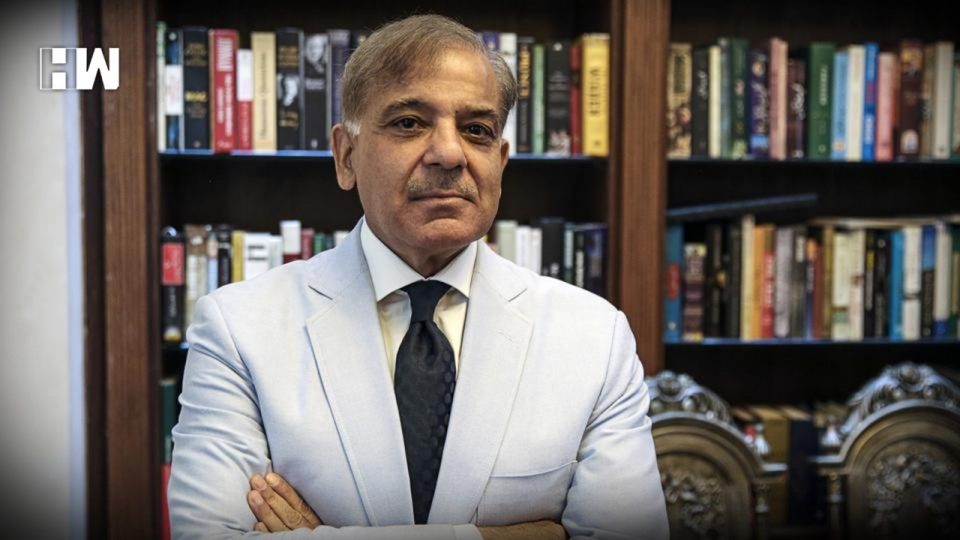Calling it a “painful reality” current Prime Minister of Pakistan Shehbaz Sharif said that the country has no option but to implement the International Monetary Fund (IMF) program
Islamabad [Pakistan]: Calling it a “painful reality” current Prime Minister of Pakistan Shehbaz Sharif on Tuesday said that the country has no option but to implement the International Monetary Fund (IMF) program, The Dawn reported.
Sharif said this while speaking at a press conference in Islamabad. Further while reiterating the country’s helplessness over implementing the IMF program, he blamed the previous Pakistan Tehreek-e-Insaf (PTI) government for not standing up to their commitment towards IMF, according to the Dawn report. Further, the premier expressed regret that the government could not provide any subsidies for any sector without the IMF’s help. The Dawn reported that Pakistan entered into a 39-Month Extended Fund Facility (EFF) Arrangement with Pakistan for USD 6 billion in 2019, which increased to USD 7 billion earlier this year. The programme’s ninth review is currently pending the release of USD 1.18 billion.
It had been put off for two months because the Pakistan Muslim League Nawaz (PML-N) led government’s unwillingness to accept certain conditions placed before it by the Fund, and the disagreements have yet to be resolved.
Sharif also mentioned that their government has the plan to convert government offices to solar power by April next year. Notably, this could be done by reducing the country’s fuel consumption bill which is nearly USD 27 billion currently.
Previously, the IMF visit to Pakistan which was scheduled for October this year had been delayed amidst differences between Pakistan’s commitment to the IMF on fiscal consolidation.
Also, Read: Beijing Expects China-Saudi Summit To Indicate Its “Arrival In Middle East”: Report
In the current fiscal, Pakistan estimated flood-related reconstruction costs at PKR 251 billion (USD 1.1 billion). The IMF had asked Pakistan to include these costs in the current budget, after terming them as unrealistic and at variance with the Post Disaster Needs Assessment (PDNA) report.
The IMF has also raised serious reservations against the recently announced package (PKR 1800 billion) by the Pakistan Finance Minister for the agriculture sector and PKR 110 billion subsidies for concessional electricity to export-oriented sectors, which is a clear deviation and violation of the 7th and 8th reviews.
The IMF asked for detailed expenditure and revenue figures, including those for flood response up to June 30, 2023, when the programme ends.
Esther Perez Ruiz, IMFs Resident Representative for Pakistan, had asked the country to review monetary and exchange rate policies. According to Ruiz, the country needs to re-examine fiscal discipline and deficit control targets and fix multiple economic indicators.
Recently, the media reported that Pakistan’s past and present Finance Ministers disagree on whether the national economy is still in the red ahead of its ninth review by the International Monetary Fund (IMF).
While current Finance Minister Ishaq Dar feels the country’s performance is up to the mark and ready for the IMF review, his predecessor Miftah Ismail believes that the default risk would not subside unless the IMF and other multilateral lenders came to the table.
(Except for the headline, this story has not been edited by HW News staff and is published from a syndicated feed.)
As an independent media platform, we do not take advertisements from governments and corporate houses. It is you, our readers, who have supported us on our journey to do honest and unbiased journalism. Please contribute, so that we can continue to do the same in future.

